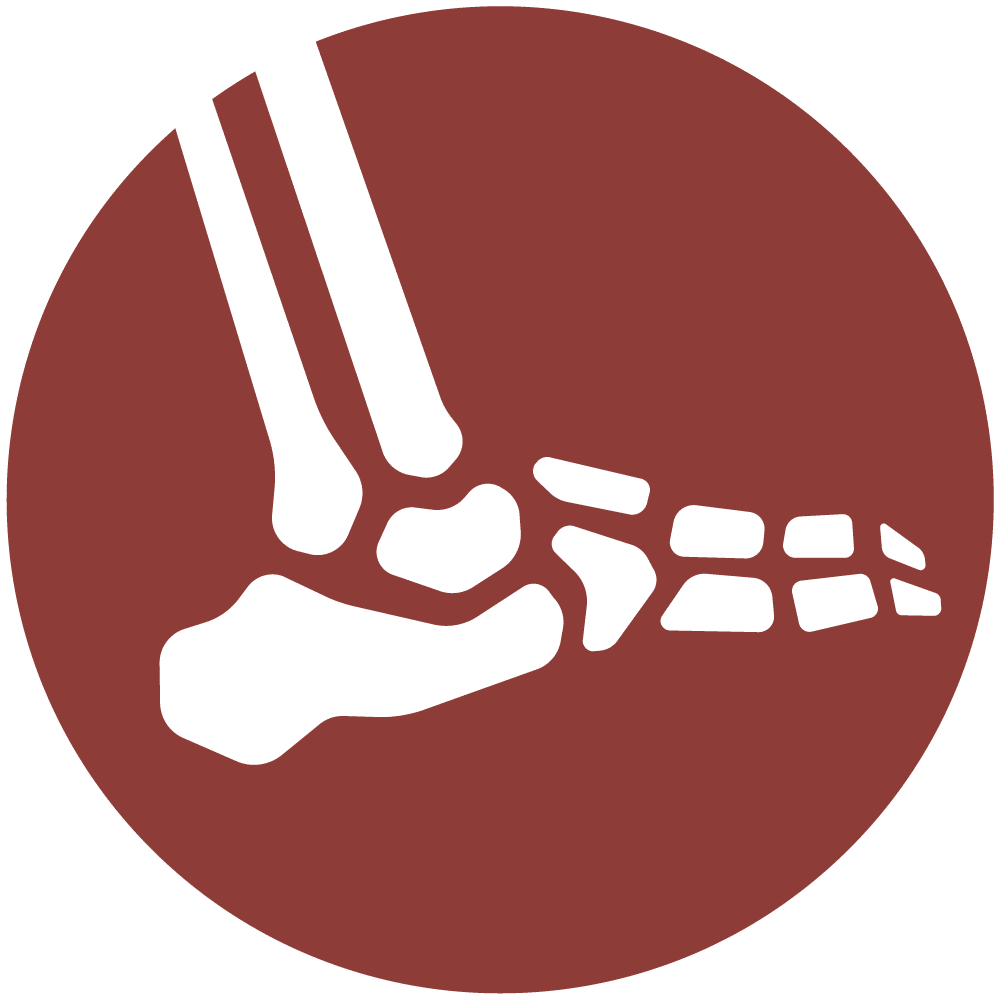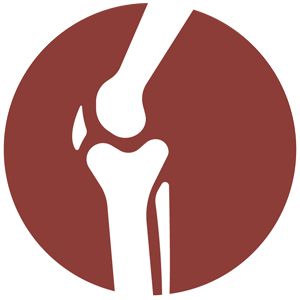Trusted Care for Your Hips
No one has to tell you that your hips are critical to your mobility. Because of their anatomy, they are also subject to all kinds of injuries and conditions that can hamper your ability to move comfortably. That’s why so many people choose Granite Orthopaedics when they have a hip problem due to a sports injury, trauma, arthritis or overuse.
Our orthopedic surgeons use minimally invasive procedures to repair and replace hip joints according to each patient’s unique needs. We use leading-edge, muscle-sparing procedures for anterior hip replacement. Most importantly, we focus on helping patients of all ages get out of pain and back to moving comfortably again. We perform these procedures:
- Anterior hip replacement surgery
- Total hip replacement surgery
We can help restore your quality of life, too. Learn more about our leading-edge hip care. Come to Granite Orthopaedics. We serve the communities of Prescott, Prescott Valley, Chino Valley, Williamson, Dewey-Humboldt and nearby areas. We’re here to help you.
WHAT ARE THE SYMPTOMS OF HIP PAIN?
Knowing the symptoms of hip pain can help you identify whether you are simply sore from a long day or if you have a more serious hip condition. We recommend scheduling a consultation at Granite Orthopaedics if you experience any of the following symptoms and they do not seem to be improving within several days:
- Limping
- Putting most of your body weight on one leg
- Pain while sitting, squatting, or pivoting
- Pain in your groin or upper thigh
- Pain that shoots down to your knee
- Paint that feels like stabbing
- Muscle weakness
- Stiffness in the hip
- Swelling
HOW DO I KNOW IF I NEED A HIP REPLACEMENT?
The number one sign that you may need a hip replacement is if the above symptoms have not been improving despite your efforts to relieve the pain. Most patients who experience hip pain find that after a few days of rest, their symptoms disappear. However, if you notice your symptoms not disappearing or getting worse, you may need a hip replacement. Additionally, patients with hip arthritis may be genetically prone to worsening hip pain over time, and they may also need hip replacement surgery.
WHO IS A CANDIDATE FOR A HIP REPLACEMENT?
Most patients who experience hip pain due to injury, osteoarthritis, rheumatoid arthritis, or osteonecrosis (avascular necrosis) can benefit the most from a hip replacement. There is also no maximum age that is recommended for hip replacement surgery. In fact, the higher success rate for hip replacement procedures occurs for most adult seniors rather than younger patients.
If you have an infection, sepsis, or are obese, a hip replacement may not be a suitable procedure for you.
TOTAL HIP REPLACEMENT
Total hip replacement surgery almost always reduces joint pain. During this surgery, your problem hip joint is replaced with an artificial joint (called a prosthesis).
BENEFITS OF HIP REPLACEMENT
Total hip replacement surgery almost always:
- Stops or greatly reduces hip pain. Even the pain from surgery should go away within weeks.
- Increases leg strength. Without hip pain, you’ll be able to use your legs more. This will build up your muscles.
- Improves quality of life by allowing you to do daily tasks and low-impact activities in greater comfort.
- Provides years of easier movement. Most total hip replacements last for many years.
YOUR SURGICAL EXPERIENCE
You will most likely arrive at the hospital on the morning of surgery. In many cases, pre-op tests are done days or even weeks ahead of time. Follow all of your surgeon’s instructions on preparing for surgery. When you arrive, you’ll be given forms to fill out. You may also talk with the anesthesiologist (the doctor who gives the anesthesia), if you haven’t done so already.
PREPARING FOR SURGERY
You will be told when to stop eating and drinking before surgery. If you take daily medications, especially blood thinners, ask your doctor if you should still take them the morning of surgery. At the hospital your temperature, pulse, respiration, and blood pressure will be checked. An IV (intravenous) line may be started to provide fluids and medications needed during surgery.
THE SURGICAL PROCEDURE
When the surgical team is ready, you’ll be taken to the operating room. There you’ll be given anesthesia. The anesthesia will help you sleep through surgery, or it will make you numb from the waist down. Then an incision is made, giving the surgeon access to your hip joint. The damaged ball is removed, and the socket is prepared to hold the prosthesis. After the new joint is in place, the incision is closed with staples or stitches.
PREPARING THE BONE
The ball is cut from the thighbone, and the surface of the old socket is smoothed. Then the new socket is put into the pelvis. The socket is usually press-fit and may be held in place with screws or cement. A press-fit prosthesis has tiny pores on its surface that your bone will grow into.t your bone will grow into.
JOINING THE NEW PARTS
The new hip stem is inserted into the head of your thighbone. After the stem is secure in the thighbone, the new ball and socket are joined.
The stem of the prosthesis may be held with cement or press-fit. Your surgeon will choose the method that is best for you.
IN THE RECOVERY ROOM
After surgery you’ll be sent to the recovery room, also called the PACU (postanesthesia care unit). Your condition will be watched closely, and you’ll be given pain medications. You may have a catheter (small tube) in your bladder and a drain in your hip. To keep your new joint stable, a foam wedge or pillows may be placed between your legs. In some cases, a brace is used.
RISKS AND COMPLICATIONS
As with any surgery, hip replacement has possible risks and complications. These include the following:
- Reaction to the anesthesia
- Blood clots
- Infection
- Dislocation of the joint or loosening of the prosthesis
- Damage to nearby blood vessels, bones, or nerves
- Thigh pain
SCHEDULE A CONSULTATION
Don’t spend another moment living with the pain or dysfunction of a musculoskeletal injury or condition. Schedule your first appointment with Northern Arizona’s leading surgeons and physical therapists today by clicking here. To learn more about our hip replacement procedures, give us a call at 928-777-9950 to reach a team member at either our Prescott or Prescott Valley, AZ locations.
Health Resources
The information shared below is provided to you as an educational and informational source only and is not intended to replace a medical examination or consultation, or medical advice given to you by a physician or medical professional.




